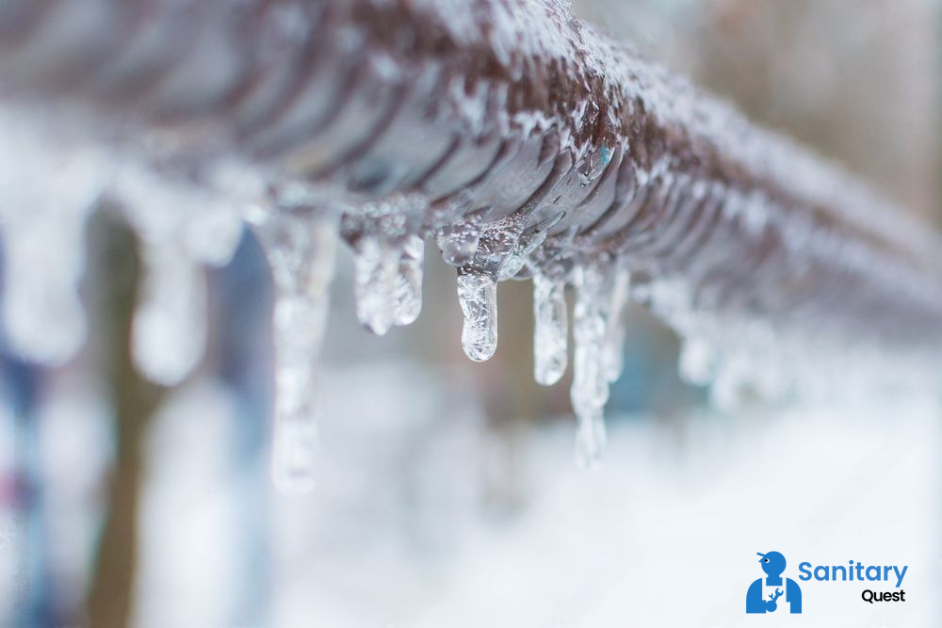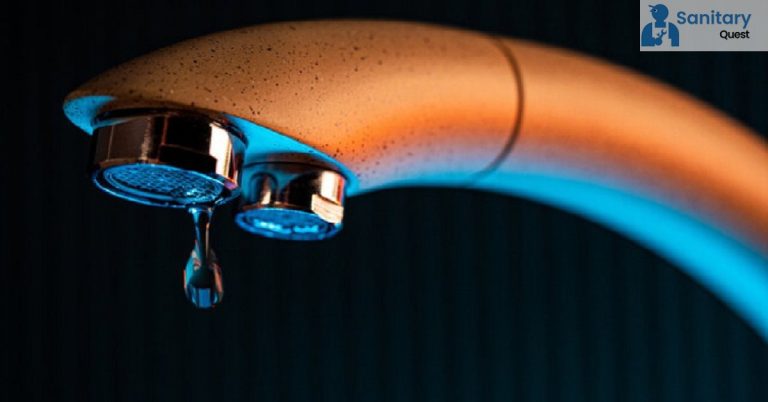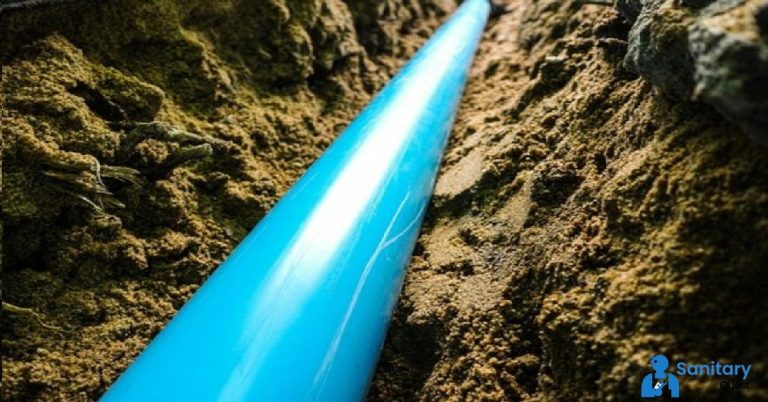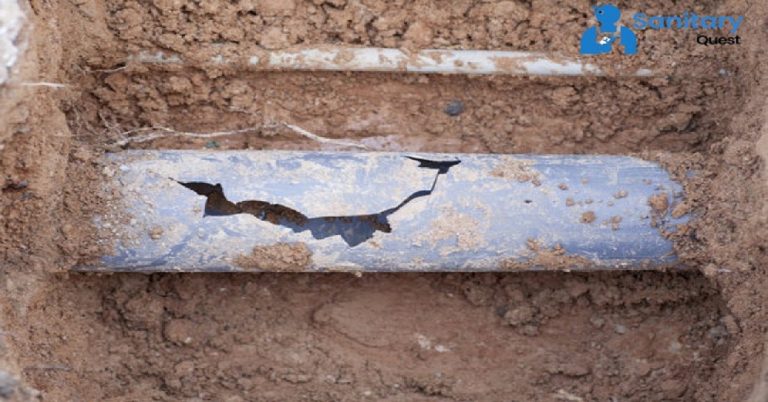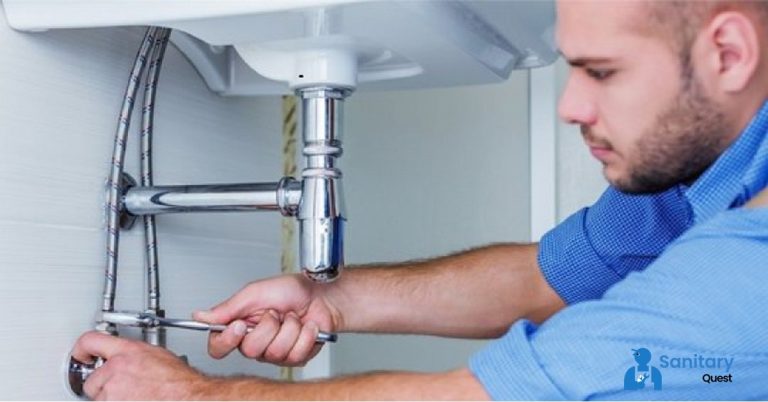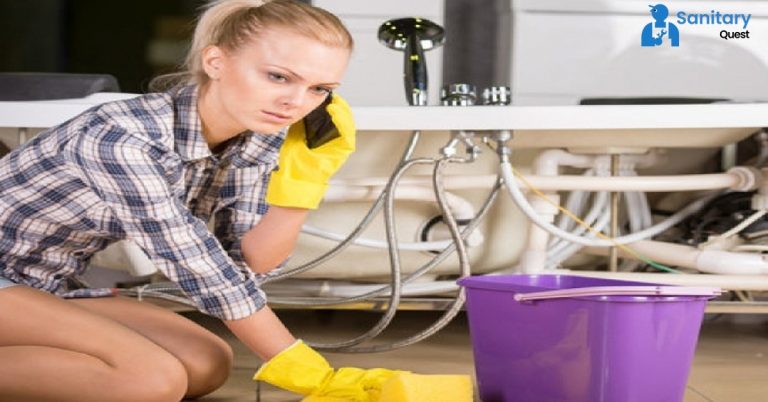How to Keep save Frozen Pipes from Bursting?
How frozen pipes are your plumbing pipes right now? Even if you don’t live in a very cold place, you should still be prepared for the possibility of frozen pipes because they can occur anywhere there is winter weather. This is something that is attainable in any part of the United States. This is due to the fact that if the temperature dips below freezing, there is a risk that the water in the pipe will freeze. Even in areas that do not have particularly harsh winters, it is still possible for this to occur, putting you at risk of suffering significant water damage in addition to broken pipes. The likelihood of this happening increases in regions that experience particularly harsh winters, but it is still possible even in regions that do not experience particularly harsh winters. Because of this, even if your pipes are in poor condition, you still run the risk of suffering significant water damage in your home. Pipes built of metal are susceptible to freezing in any environment, even in places with climates that are traditionally thought to have mild winters. This is a result of the fact that frozen pipe systems are susceptible to freezing in locations when the temperature dips below freezing. The licensed plumbers here at Sanitary Quest have a plethora of knowledge when it comes to thawing frozen pipes and preventing pipe ruptures that are caused by cold weather. If you have any inquiries regarding the current predicament, we ask that you please do not hesitate to get in touch with us. In the event that there is anything else that you require information about, please do not be reluctant to get in contact with us at Sanitary Quest. Continue reading to find out what actions to take in the event that you discover water damage in your home as well as how to repair it before it develops into an expensive and comprehensive problem. If you continue reading, you will find more information that is pertinent to the debate.
Tips to Avoid Frozen Pipes Water Pipe Bursting
In the case that your pipes have frozen Pipes but have not yet burst, it is vital that you act as quickly as possible to remedy the situation. You may expedite the process of thawing frozen Pipes water pipes and lessen the risk of the pipes bursting by adopting just a few straightforward precautions.
- The house’s main water valve must be closed.
- In order to relieve pressure in the pipes and allow water to escape from your property, you must open every available faucet.
- Raise the temperature within the house so that the plumbing can adapt to the higher temperature throughout the entire structure.
- In order to thaw the portion of the pipe that has frozen pipes over, you could use a heating pad, a hair dryer, or an electric space heater. Because of this, you will be able to get water flowing through the pipe once more.
- The main water valve should be reopened, and the water supply should be restored once the frozen pipe has been thawed out. Examine each and every one of the house’s water pipes to search for any signs of corrosion.
How to Prevent Pipes from Freezing in the First Place
The best way to deal with frozen pipes is to do what you can to keep them from freezing in the first place. This can be achieved by adopting the necessary prophylactic measures. Even when winter is at its harshest, there are simple measures that can be taken to ensure that water will continue to flow freely through the plumbing in your home.
- In the fall, before the weather turns chilly, remove garden hoses from their respective spigots. Put them away in a secure location until the spring comes around.
- Protecting outdoor spigots with insulating covers will not only prevent them from freezing over, but it will also protect them from damage caused by falling ice chunks and tree branches.
- Drain all the water from your exterior water lines.
- Insulating wraps should be used to protect any exposed pipes that are in basements, garages, crawlspaces, or close to outside walls. Those that are located in basements, garages, crawlspaces, or in close proximity to exterior walls should be protected by insulating wraps.
- Drip your interior faucets when the temperature drops to dangerously low levels. This is of the utmost significance for pipes located in the chilly parts of the home and in close proximity to exterior walls.
- Even if you will be gone for a significant amount of time during the winter months, you should never turn off your heating system. This is especially important to keep in mind.
Professional Advice and Service
If you have ever had a line burst in a cold environment, you are familiar with how much of a disturbance it might be to clean up the disaster area and figure the lines out. If you have never had this happen to you, you may not see how much of an issue it will, in general, be. Accepting that anything like this has never appeared glaringly evident to you, it is essential to know what’s in store and how to make arrangements for it. Any home loan holder should be familiar with how to keep pipes from freezing and detonating, yet it is significantly more fundamental to have a capable contractor nearby to help you fix the issue if it works out. If you don’t have a prearranged, capable technician nearby, it is critical for any property owner to understand how to keep pipes from freezing and detonating. If you own a home, it is critical that you understand how to If you plan to buy a house, it is critical that you understand how to keep water pipes from freezing and surging during the winter. It is possible that the lines in your home will freeze and break continuity, but the line system in your home can help to reduce the likelihood of this happening. If frozen pipes burst, which is a very bad thing, we can help with thorough line surveys and repairs, if they are needed. Please contact us if this heinous accident occurs, assuming that no one minds.
FAQs
Q1: How do you prevent a frozen pipe from bursting?
Preventing a frozen pipe from bursting involves several proactive measures to safeguard your plumbing system during cold weather. To avoid freezing, keep your home adequately heated, especially in areas where pipes are located.
Q2: How do you thaw pipes without bursting them?
Thawing frozen pipes without causing them to burst requires a cautious and gradual approach. Start by identifying the frozen section of the pipe by feeling for any areas that are extremely cold or covered in frost. Keep the affected faucet open to allow water to flow once the pipe thaws.
Q3: What to do if pipes are frozen but not broken?
If you discover that your pipes are frozen but not broken, taking immediate steps to thaw them is crucial. Start by locating the frozen section of the pipe, often identified by a noticeable decrease in water flow or no water coming out of the faucet. Open the affected faucet to relieve pressure as the pipe thaws and to allow water to flow once it’s free.
Q4: How long can pipes stay frozen before breaking?
The duration that pipes can stay frozen before breaking depends on several factors, including the thickness of the ice blockage, the ambient temperature, and the insulation around the pipes. In general, pipes are more likely to burst the longer they remain frozen. When water freezes, it expands, creating pressure inside the pipe.

